In today’s hustle and bustle of the work world, mental health is important. It is not just about feeling good—it is about making sure everyone can do their best work. Recognizing this, companies are starting to get serious about creating a workplace where mental health matters.
Breaking Down Barriers
Employers can change the stigma around mental health. Talking about mental health is not always easy. There is often a stigma attached to it, making people hesitant to open up. By encouraging open conversations, providing training, and showing empathy, companies can break down those barriers and create a safe space for everyone to talk about how they are feeling.
Support on Standby
Sometimes, we all need a little help. That is why it is crucial for companies to offer resources like counseling services, Employee Assistance Programs (EAPs), and flexible work options. Whether it is a listening ear or a day off to recharge, knowing support is there can make a significant difference.
Balancing Act
A happy employee is a productive one. Finding the right balance between work and life is key to staying mentally healthy. Companies can help by setting realistic expectations, promoting breaks, and encouraging time off.
Knowledge is Power
We are in this together. Educating employees about mental health and teaching them how to recognize signs of struggle—both in themselves and others—is vital. When everyone knows what to look for and how to help, it creates a supportive environment where no one must go it alone.
Did you know employers have a responsibility under the Americans with Disabilities Act (ADA) concerning mental health conditions? If these conditions substantially limit major life activities, they are considered disabilities under the ADA. Employers must provide reasonable accommodations to help individuals with mental health conditions perform essential job functions unless it poses undue hardship. These accommodations may include flexible schedules, modified duties, or changes to the workspace. The ADA also prohibits discrimination and harassment based on disability, mandates confidentiality of medical information, and requires an interactive process between employers and employees to determine suitable accommodations. Moreover, employers are restricted in their ability to demand medical examinations or disability-related inquiries. Overall, the ADA ensures that individuals with mental health conditions receive equal opportunities and protections in the workplace.
Lead the way
Leadership sets the tone. When managers openly talk about their own mental health struggles and prioritize self-care, it sends a powerful message: mental health matters here.
In the end, it is up to everyone in the company to make mental health a priority. By breaking down barriers, offering support, promoting balance, educating, and leading by example, workplaces can become spaces where everyone thrives—mentally and professionally.


